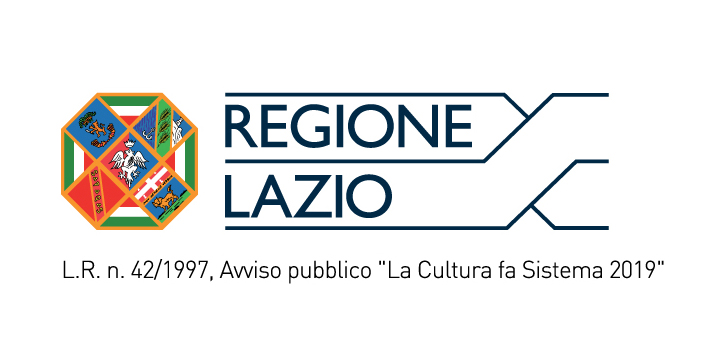In the world of legal agreements and partnerships, it is important to understand the differences between a settlement agreement and a compromise. These terms may often be used interchangeably, but they have distinct meanings and implications. Let’s delve into the intricacies of these terms and also explore the procedure for dissolution of a partnership firm by agreement.
Settlement Agreement vs. Compromise
A settlement agreement is a legally binding contract between parties who are involved in a dispute. It is a document that outlines the terms and conditions agreed upon by both parties to resolve their differences. Such agreements are commonly used in various legal matters, including divorce, personal injury cases, and business disputes.
On the other hand, a compromise refers to a mutual agreement reached by two parties by making concessions. It involves finding a middle ground where both parties are willing to give up certain demands or expectations in order to reach a resolution. Unlike a settlement agreement, a compromise may not always be legally binding, but it can still have significant implications in resolving conflicts.
Procedure for Dissolution of Partnership Firm by Agreement
When it comes to the dissolution of a partnership firm, the procedure for dissolution by agreement provides a structured approach. In this process, the partners of the firm mutually agree to dissolve the partnership and agree upon the terms and conditions of the dissolution.
Partnership dissolution by agreement typically involves the following steps:
- Discussion and agreement: The partners discuss the dissolution and come to an agreement on various aspects such as asset distribution, liability settlement, and the winding up of the business.
- Execution of a dissolution agreement: A written agreement is prepared, known as the dissolution agreement, which outlines the mutually agreed terms and conditions of the dissolution.
- Legal formalities: The dissolution agreement is signed by all partners and may need to be notarized or registered, depending on the jurisdiction.
- Winding up: After the dissolution agreement is executed, the partners proceed with the winding up of the business, which includes settling liabilities, selling assets, and distributing remaining funds among the partners.
Conclusion
Understanding the differences between a settlement agreement and a compromise is crucial in legal matters. While a settlement agreement is a binding contract that resolves disputes, a compromise involves finding a middle ground with mutual concessions. Additionally, when it comes to the dissolution of a partnership firm, following the procedure for dissolution by agreement ensures a structured approach for the partners involved.
For more information on various legal agreements, such as a license agreement for Office 365, a collective agreement with a trade union, or a distribution agreement with tax implications, it is essential to consult legal experts and stay informed about the latest market trends.
Article Source: https://blog.example.com/settlement-agreement-vs-compromise-procedure-dissolution-partnership-firm/


